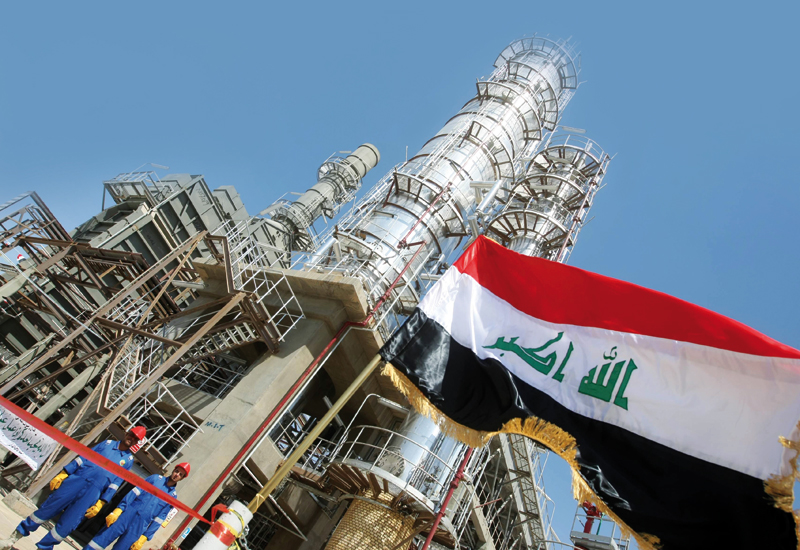Qatari companies have entered into agreements with Iraq’s National Investment Commission to undertake projects valued at $9.5 billion, including the construction of two power plants with a combined capacity of 2,400 megawatts (MW), according to press statements released on Sunday.
UrbaCon Trading & Contracting Company (UCC Holding) and the investment commission signed a 25-year public-private partnership deal pertaining to the power plants, which will require $2.5 billion in investment, as stated by UCC Holding.
The power plants aim to reduce Iraq’s reliance on Iran for its energy requirements, particularly during the summer months when temperatures can surpass 50 degrees Celsius (122°F) and power consumption peaks.
Iraq currently requires approximately 24,000 MW to meet its energy demands.
At the moment, it imports 40 million cubic meters of gas per day from Iran, and past disruptions in supply resulted in a loss of over 7,000 megawatts of electricity, reducing production capacity to around 15,000 megawatts.
In addition to the power plants, Iraq’s investment commission and Doha-based Estithmar Holding inked contracts worth $7 billion.
The agreements were signed during the visit of the Emir of Qatar, Sheikh Tamim bin Hamad Al Thani, to Iraq last Thursday, during which he pledged to pump investments worth $5 billion in Iraq in the coming years.
These agreements encompass the management of hospitals, the development of two new comprehensive cities, and the construction of a series of 5-star hotels totaling 10,000 rooms.
According to Estithmar, the cities will include residential complexes, villas, schools, commercial complexes, entertainment centers, and various other facilities and services, along with the required infrastructure.
The financial commitments from the Qatari companies and Iraq’s investment commission for these projects remain undisclosed.
In addition to these projects, a memorandum of cooperation was signed for the establishment of a joint oil company, and another memorandum was executed for the construction of a refinery.

